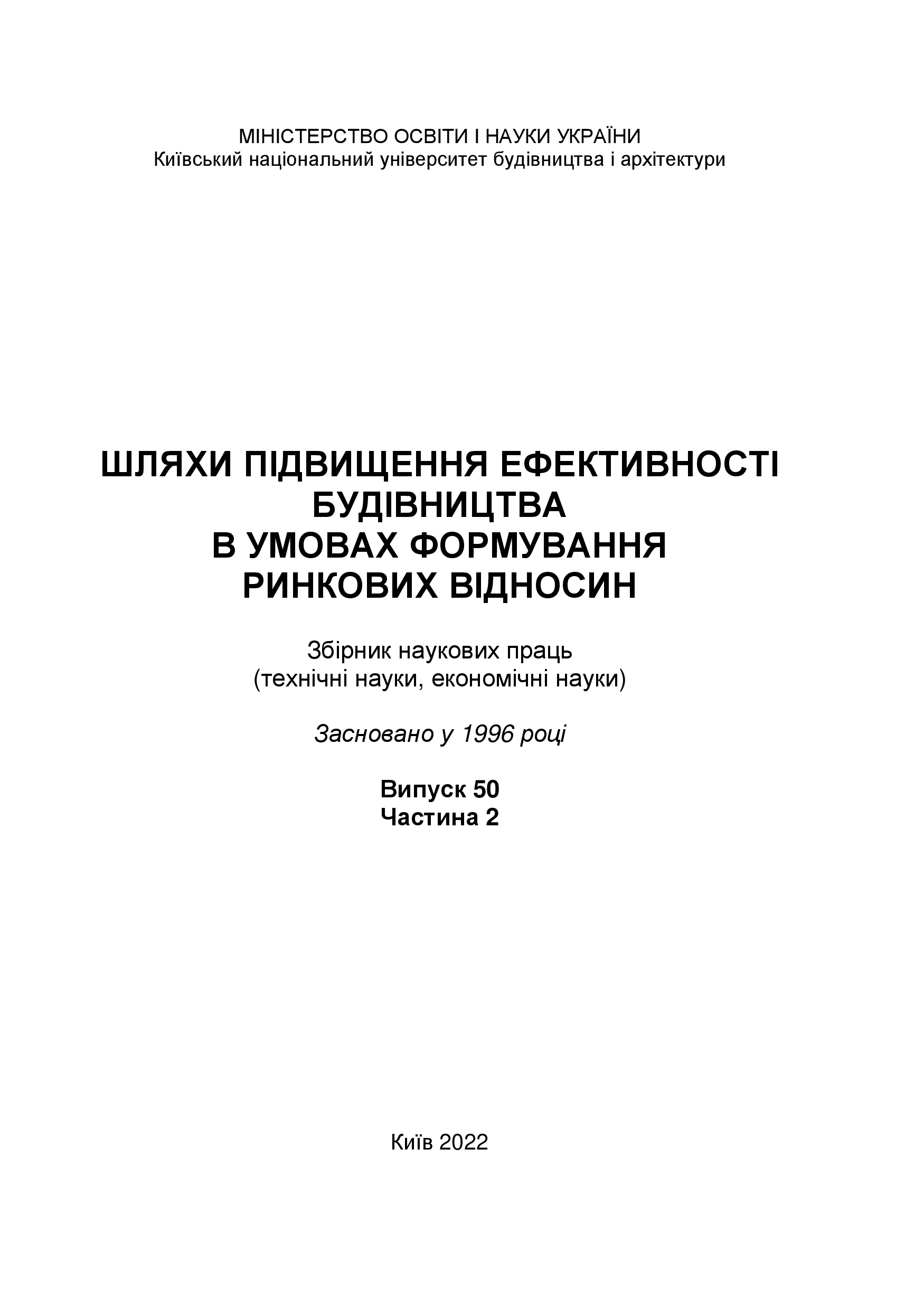Accountant profession and ethics of its behavior
DOI:
https://doi.org/10.32347/2707-501x.2022.50(2).172-179Keywords:
accountant, professional ethics, business, auditorAbstract
The article reveals important aspects of the profession of an accountant, the ethical norms of accountant´s behaviour, and the social and moral norms of behavior for individuals in this professional group. The main objectives of business ethics are highlighted, including key components of the professional accounting ethics, which were originally developed in the United States in the form of an ethical code for accountants. The essence of professional ethics for accountants and auditors is defined as a code of relevant rules that determine the behavior of specialists in the workplace, as well as norms that correspond to existing legislative and regulatory acts and official regulatory documents, professional knowledge, relationships in the team, a deep awareness of moral responsibility for performance professional duties. An important place in professional ethics belongs to consideration of the professional responsibility of a specialist in the field of accounting and auditing. The authors note that it is relevant for the domestic market to adhere to foreign practices, where violations of professional ethics, including the code of ethics for professional accountants and auditors, can lead to the revocation of a license to practice within the profession after review by special committees. The priority role in the education of highly qualified specialists and their compliance with ethical rules belongs to the sphere of education, particularly higher educational institutions, advanced training courses, webinars, conferences, etc. Science, education, and practical experience of specialists should create the basis for professional knowledge, skills, values, ethics, and attitudes toward the profession. The article describes the profession of an accountant as one of the most responsible professions, as errors in financial documents can result in significant fines for business owners. Competencies and personal characteristics of accountants in modern conditions and the realities of our lives are also mentioned.
References
Список літератури:
Бралатан В.П. Професійна етика. Навч. посіб. Київ : Центр навчальної літератури, 2011. 252с.
Гаман Г.В. Професійна етика бухгалтера: сутність та умови виникнення. Економіка, фінанси, облік та право: тенденції, виклики, перспективи: збірник тез доповідей міжнародної науково-практичної конференції (Полтава, 6.09.2022 р.). Полтава: ЦФЕНД, 2022. 71 с. С.35-37.
Караваєв І. ТОП-10 правил бізнес-етики, якими нехтують в Україні. Юридична газета online. URL: https://yur-gazeta.com/publications/practice/inshe/top10-pravil-biznesetiki-yakimi-nehtuyut-v-ukrayini.html (дата звернення: 28.12.2021)
Кодекс етики працівників підрозділу внутрішнього аудиту, затверджений Наказом Міністерства фінансів України від 29.09.2011 р. № 1217 URL: https://zakon.rada.gov.ua/laws/show/z1195-11#Text (дата звернення: 28.12.2021)
Кулинич М.Б., Скорук О.В. Професійна етика бухгалтера, аудитора та податківця: конспект лекцій. Луцьк: Волинський національний університет імені Лесі Українки, 2022. 113 с.
Мервенецька В.Ф. Етичні аспекти бухгалтерської професії. Бухгалтерський облік і аудит. 2016. № 3. С. 27 – 34.
Метелиця В.М. Міжнародні підходи до регулювання бухгалтерської професії. Облік і фінанси. 2013. № 3(61). С. 35-47.
Міжнародний кодекс етики професійних бухгалтерів. 2018 рік. URL: https://mof.gov.ua/storage/files/kodex_et.pdf (дата звернення: 20.12.21)
Ямборко Г.А. Професійне забезпечення розвитку обліку: етика і мораль бухгалтера. Облік і фінанси АПК. https://magazine.faaf.org.ua/profesiyne-zabezpechennya-rozvitku-obliku-etika-i-moral-buhgaltera.html (дата звернення: 28.12.2021)
Paul Jaijairam Ethics in Accounting. Journal of Finance and Accountancy. URL:https://www.researchgate.net/profile/Paul-Jaijairam/publication/321167489_Ethics_in_Accounting/links/5a12cef4aca27287ce2a9b50/Ethics-in-Accounting.pdf (дата звернення: 20.12.2021)
Downloads
Published
How to Cite
Issue
Section
License

This work is licensed under a Creative Commons Attribution 4.0 International License.
Authors who publish with this journal agree to the following terms:
- Authors retain copyright and grant the journal right of first publication with the work simultaneously licensed under a Creative Commons Attribution License that allows others to share the work with an acknowledgement of the work's authorship and initial publication in this journal.
- Authors are able to enter into separate, additional contractual arrangements for the non-exclusive distribution of the journal's published version of the work (e.g., post it to an institutional repository or publish it in a book), with an acknowledgement of its initial publication in this journal.
- Authors are permitted and encouraged to post their work online (e.g., in institutional repositories or on their website) prior to and during the submission process, as it can lead to productive exchanges, as well as earlier and greater citation of published work (See The Effect of Open Access).

